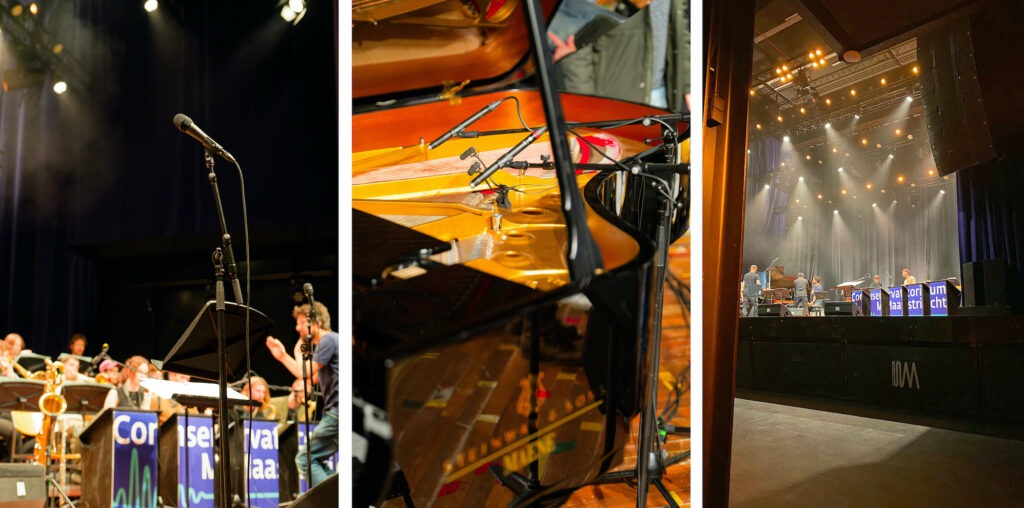
DPA Supplies Supreme Sound for Conservatorium Maastricht’s Graduation Showcase
Conservatorium Maastricht, an international conservatory, is one of nine music academies in the Netherlands. With goals to set its musicians in motion, the school enables its students to achieve their ambitions in various musical fields through theoretical and practical approaches to artistic development and performance, along with cross-departmental activities, elective courses and professional development. At the end of each year, Conservatorium Maastricht holds a graduation showcase, where students present their final projects. This event allows graduates to demonstrate what they have learned and their capabilities as musicians, composers and/or producers. This year, the event was held at Muziekgieterij, a local concert hall that was tasked with handling the technical aspects, which included providing the best possible sound for the show. To achieve this, Muziekgieterij Technical Manager Ernst Jan Hölscher and the conservatory’s organizer Luke Mitchell turned to Amptec Professional Audio Solutions, which supplied the venue with nearly 30 different mics from DPA Microphones, with the help of DPA Specialist Steve Haesevoets.
Among the DPA solutions used for the academy’s final performances were seventeen 4099 Instrument Microphones, the Extreme SPL versions of which were deployed for four trumpets, four trombones, three toms and the bottom snare, while five Loud SPL versions were utilized for the saxophones. For the remainder of the drum kit, Amptec selected the DPA 4055 Kick Drum Microphone for the kick, 2012 Compact Cardioid on snare top and a pair of 2015 Wide Cardioids as overheads on the hi-hats, with an additional two for the remaining percussion. To round out the stage, Amptec also deployed the d:facto™ Vocal Microphones for the singers, 2011 Twin Diaphragm Cardioids for the bass and guitar amps and a pair of 4011 Cardioid Condensers on piano, which were further supported by a pair of 4099 microphones.
“The open character of the DPA microphones was the most important aspect for me, especially for the delicate acoustic instruments,” says Hölscher. “The students are very talented musicians who consistently indicate that their instruments mean a lot to them, and there is a specific sound and feel that are essential to their performances — it is a highly personal preference. Conveying to the audience the nuances of the students’ abilities to play their instrument is my primary goal as a sound technician. In these cases, it is also important to completely divert attention from the fact that the sound is being amplified. The microphone must disappear, so to speak. The DPA microphones absolutely achieved this.”